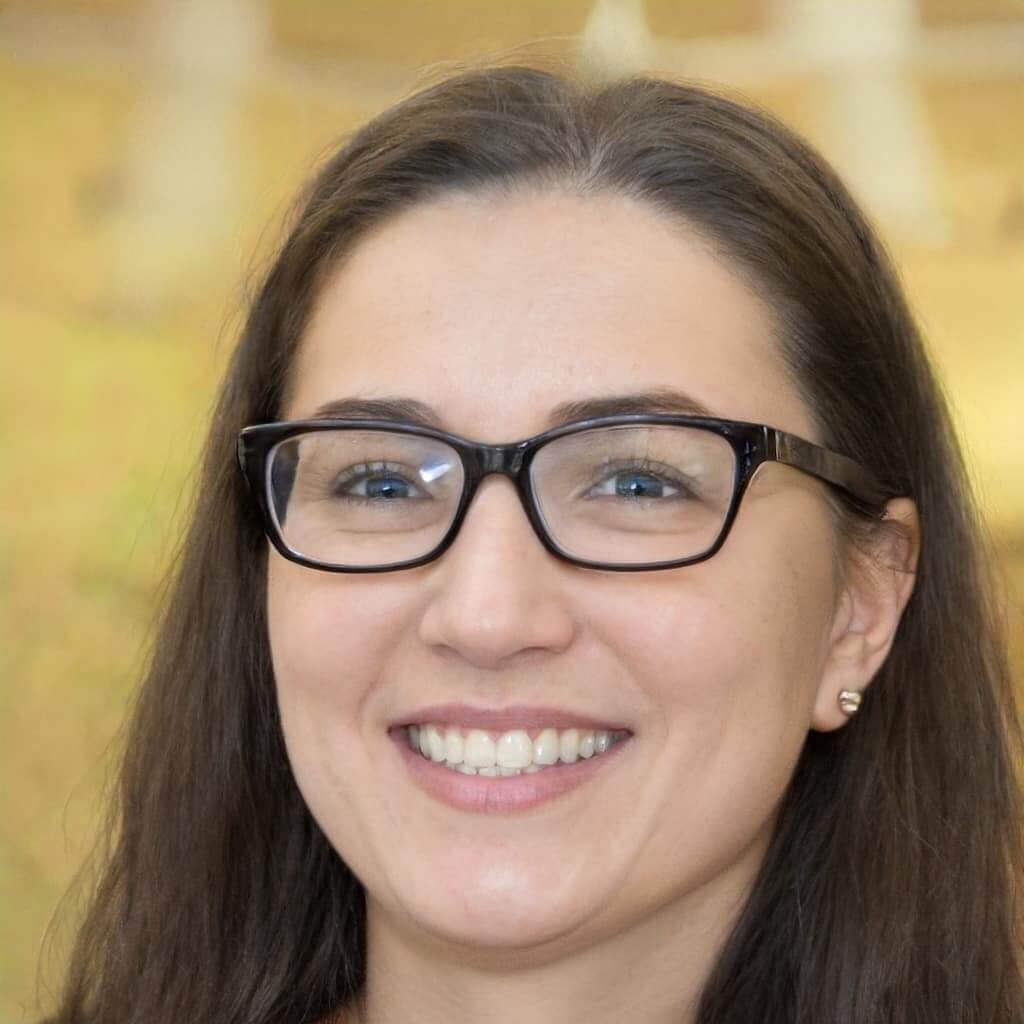Google AI and Robotic Systems Forge New Frontier in Material Discovery
On November 29, 2023, a groundbreaking development in material science emerged from the collaboration of Google DeepMind and autonomous robotic systems. The initiative, spearheaded by Google's AI division, has successfully predicted the stability of nearly 400,000 substances. This synergy of AI and robotics, known as the A-Lab, is revolutionizing the process of material creation in laboratories, focusing on potential applications in batteries and solar cells.
AI-Driven Material Discovery
Ekin Dogus Cubuk, the leader of Google DeepMind's materials discovery team, highlights this venture as a significant leap in utilizing AI for scientific discovery. The research, published in Nature, showcases the AI system's capability to ideate and synthesize new materials autonomously. The AI tool, termed GNoME (graph networks for materials exploration), trained on extensive data from the Materials Project and related databases, has expanded the horizons of material science by proposing 2.2 million potential compounds and ultimately identifying 381,000 new inorganic materials.
The A-Lab: A Robotic Marvel
The A-Lab, housed at the Lawrence Berkeley National Laboratory (LBNL), is an autonomous system that blends AI and state-of-the-art robotics. This $2-million project represents a significant advancement in autonomous experimentation in material science. The lab's primary function is to mix and heat ingredients, analyze products, and continuously improve synthesis procedures through a machine-learning model. This process resulted in the creation of 41 new inorganic materials over 17 days, demonstrating the practical capabilities of AI in experimental science.
The Wider Impact
The implications of this development are vast. As Carla Gomes from the Cornell University AI for Science Institute notes, AI's role in scientific discovery is a thrilling new frontier. This initiative not only paves the way for more efficient material creation but also provides a comprehensive database that can be utilized globally for further research and development. The integration of AI and robotics in material synthesis signifies a paradigm shift in the way scientific experimentation and discovery are approached, offering a more efficient, precise, and expansive exploration of new materials.
While the A-Lab's current achievements are remarkable, the future holds even greater potential. The continued operation of the lab and its evolving database is expected to significantly contribute to the scientific community, offering insights into the reactivity of common solids and fostering global collaboration in material science.
Image source: Shutterstock






